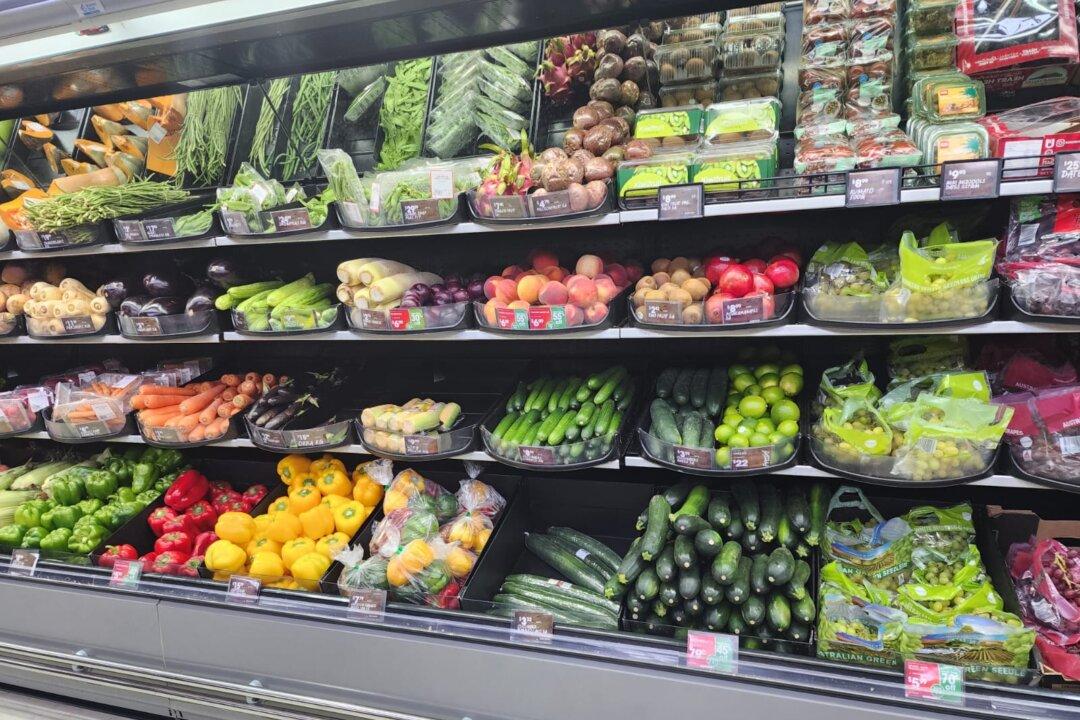Almost one in three vegetable growers are considering quitting in the face of rising production costs and meagre farmgate prices.
An average of 32 percent of growers across industry group AUSVEG’s sentiment surveys since 2023 said they thought about leaving, while another third said they would exit if offered a fair price for their farm.





